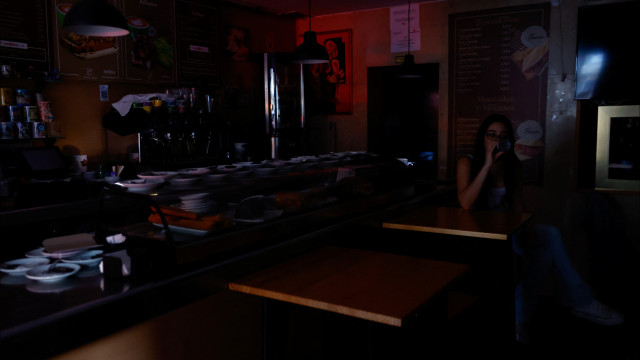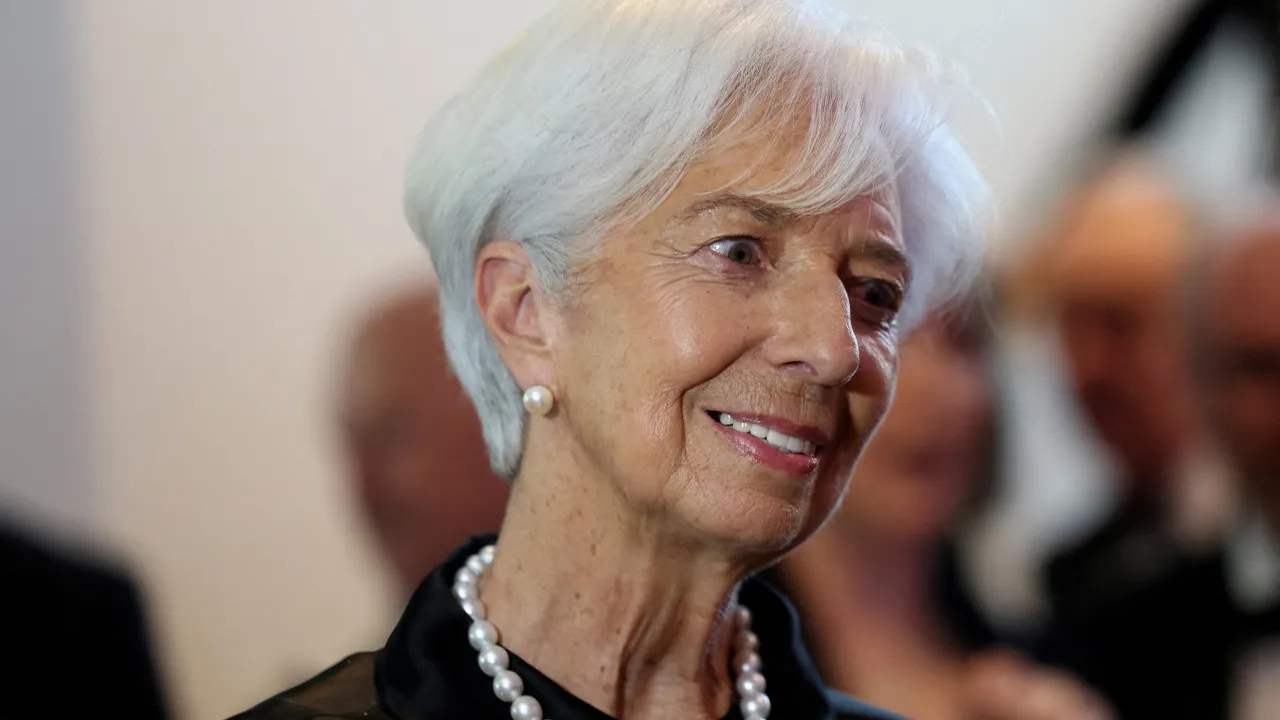
The event is part of the “centennial meeting” of Mário Soares and Maria de Jesus Barroso, who stood opposed to the Estado Novo regime, founded and served as a constituent deputy of the PS, and was the first woman to preside over the Portuguese Red Cross from 1987 to 2003.
During the concert, it was announced that “all pieces will be performed by young instrumentalists and singers under the musical direction of conductor Joana Carneiro.”
The CCB concert will feature young musicians from the Escola Artística de Música do Conservatório Nacional, Orquestra Geração, Instituto Gregoriano de Lisboa, Escola de Música Nossa Senhora do Cabo, and Escola de Música do Colégio Moderno, alongside the Coro Voces Caelestes.
“There will be 250 young performers on stage. I believe a grand concert is the best way to honor my mother, who saw educating the young and sharing with them values of freedom, knowledge, and culture as her life’s mission,” says Isabel Soares, daughter of Maria Barroso.
For José Manuel dos Santos, writer and coordinator of the Centenary Committee of Mário Soares, Maria Barroso was a “unique figure” in the contemporary history of Portugal.
“Her fight for freedom was political, moral, and cultural. Thus, [the essayist] Eduardo Lourenço praised her courage and fearless spirit by calling her our Iberian Antigone. Her political intervention always had its own style and value,” he asserts.
Pedro Marques Gomes, historian and curator of the traveling exhibition “Maria Barroso: 100 years” at CCB, considers that Maria Barroso dedicated her life to a continuous fight for freedom and democracy.
“A resistor to the Estado Novo dictatorship, esteemed actress of the National Theatre, she saw her career interrupted for political reasons by the dictatorship. She was a committed educator to the defense of education as a fundamental pillar of society; her voice rose against violence, oppression, and social exclusion, and in defense of human rights,” he highlights.
Maria de Jesus Barroso was born on May 2, 1925, in Fuseta, Algarve, into a family of anti-fascists. Her father, Alfredo José Barroso, an Army officer, was imprisoned and deported for participating in actions against the Estado Novo.
In the 1940s, Maria Barroso gained prominence in the national theater, having acted with figures like Palmira Bastos, Amélia Rey Colaço, Maria Matos, Alves da Cunha, and Augusto Figueiredo, among others.
Due to her political activism, she was removed from the theater and forbidden to perform by the dictatorship, but she continued to recite poetry at workers’ collectives and student associations, often accompanied by Fernando Lopes Graça’s choir.
She met Mário Soares during their university days and married him in 1949 at the Aljube prison, where the former President of the Republic was incarcerated.
In opposition to Salazar’s regime, Maria Barroso participated in the presidential campaigns of Norton de Matos (1949) and Humberto Delgado (1958), and ran for the legislative elections in 1969 with the CDE (Democratic Electoral Commission) in the district of Santarém.
In the mid-1960s, she took the directorship of Colégio Moderno in Lisbon. In 1973, she was the only woman to speak at the opening of the III Congress of Democratic Opposition in Aveiro and, days later, was also the only woman present at the founding congress of the PS in Bad Münstereifel, Germany, from April 17 to 19.
After the revolution of April 25, 1974, she ran for the Constituent Assembly in 1975 and in the first legislative elections in 1976.
With Soares’s election as President of the Republic (1986-1996), Maria Barroso focused her efforts on defending culture, the Portuguese language, solidarity, and peace. She passed away in Lisbon on July 7, 2015.




